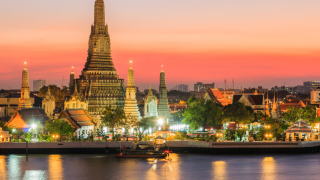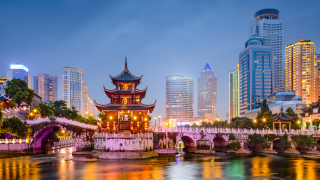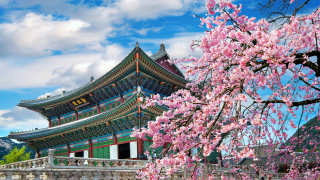 LOANWORD
LOANWORD Why Is Malaysia Referred to as “馬来西亜” or “馬国” in Japanese?
Why is Malaysia sometimes written using complex kanji like "馬来西亜" or simply "馬国" in Japanese? For language learners and cultural enthusiasts, this phenomenon reveals a deeper story of how foreign countries were phonetically integrated into Japanese using traditional characters.









